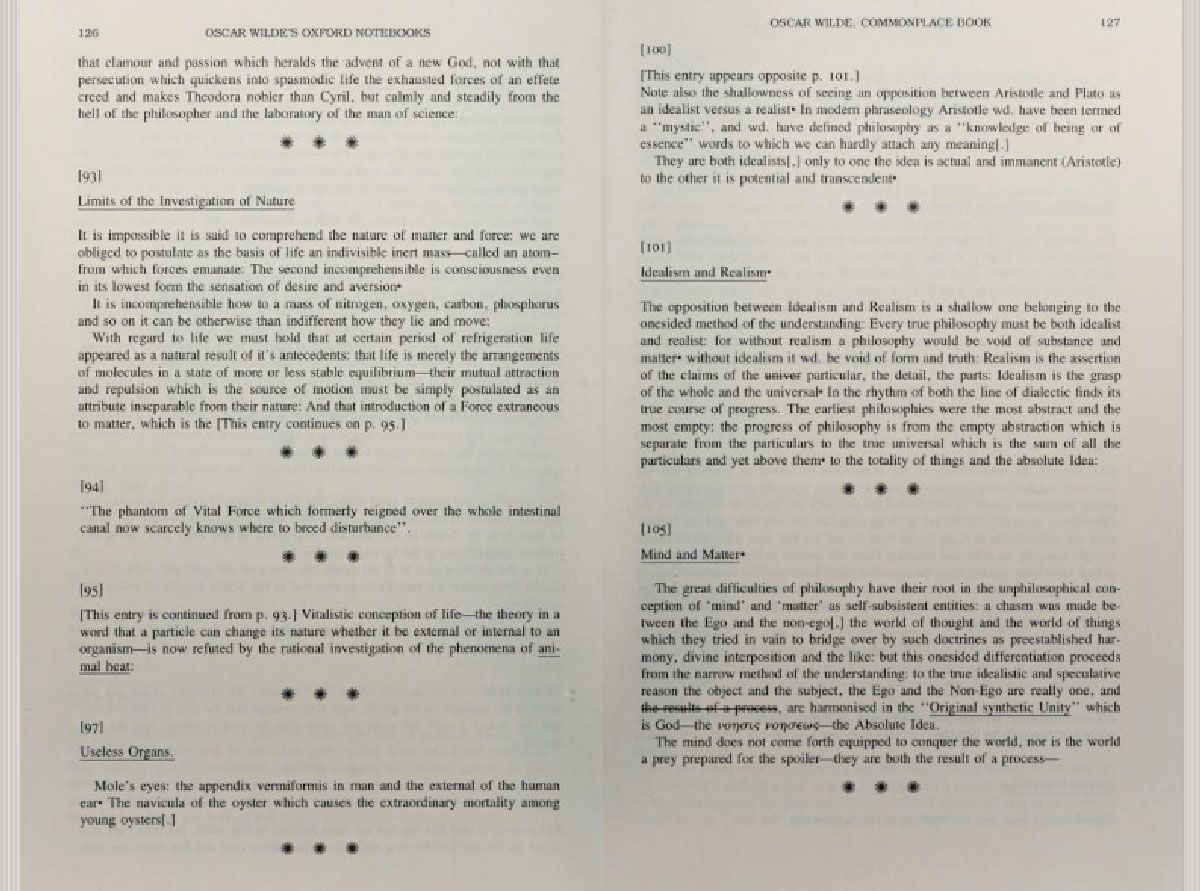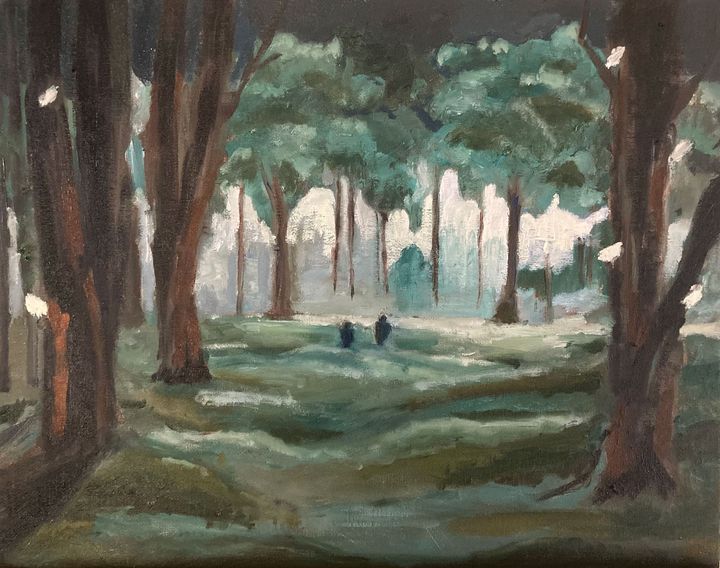New Year's resolution to overcome information overload: Commonplace books

People have been complaining about information overload since antiquity. For example, in the first century AD, The Roman writer Seneca said that “the abundance of books is distraction.” With the invention of the printing press, the flood of information became even more unmanageable, and now information is being disseminated faster than ever. Thousands of books with attractive covers find their place on bookstore shelves every year, and readers are overwhelmed by the desire to acquire all the information on the shelves. The popularity of techniques to read faster are, for example, a reflection of the anxiety of missing out on important information, a way of trying to keep up with the information overload. The commonplace book is, on the other hand, the opposite of such techniques as it demands us to slow down and carve space for important ideas in the life of one's mind.
I first came across the concept of a commonplace book on the French philosopher Michel Foucault’s “Self Writing.” He explains: “One wrote down quotes in them, extracts from books, examples, and actions that one had witnessed or read about, reflections or reasonings that one had heard or that had come to mind.” Essentially, keeping a commonplace book is copying down important passages into a notebook to filter information and eventually accumulate a set of passages that one can reread and refer to in the future.
At first, this practice seems like the opposite of self-writing because it involves minimal introspection—if any at all. It is almost the opposite of keeping a journal where one records one’s thoughts and feelings as they evolve through time. However, it is still a form of self-writing. As Foucault points out, keeping a commonplace book is a way of molding the self by internalizing the wisdom of other people’s words by copying and rereading them.
This practice also has important implications for how we perceive ourselves. Today keeping a journal is more popular because of our modern ideas about the self. We tend to believe each one of us is unique, and as opposed to the previous centuries, we are rapidly questioning the authority of tradition and the words of other people—and for good reason too. This is why commonplace books, which have once been cherished as a path to intellectual and moral development, now seem like a thing of the past. But at the same time, the commonplace book is also a very modern way of seeing the self as nothing but an accumulation of experiences and ideas. Therefore, the practice of keeping a commonplace book inevitably disposes one towards accepting the self as a collection of ideas and words that have already been spoken by others.
I keep a commonplace book to make sure important and relevant ideas do not get lost among the hundreds of images and words that we are exposed to every day. Keeping a commonplace book makes it possible to instantaneously bring to consciousness a great number of ideas that have inspired me. This itself stimulates the mind to make connections and gain new understandings. Recent research by cultural critics shows that information overload increases anxiety and paralyzes decision-making. At times I find myself in anxiety-inducing situations but end up getting inspiration from my commonplace book for how to approach the problem at hand.
This post is not titled “How to keep a commonplace book?” because there is no right or wrong approach. I copy everything that I want to remember and occasionally write down what I think about a specific passage or any connections I happen to make.
One important thing is to write by hand. Alan Jacobs, in The Atlantic, notes that “the key thing [to a commonplace book] was to write the words in your own hand.” Writing every word by hand, as opposed to copy-pasting on a computer, ensures that we pay enough attention to the words. And the laborious process of copying down information is precisely what helps us counter information overload since we tend to only include the information that is worth the time it takes to copy it down.
I hope you consider starting a commonplace book as a New Year's resolution.


